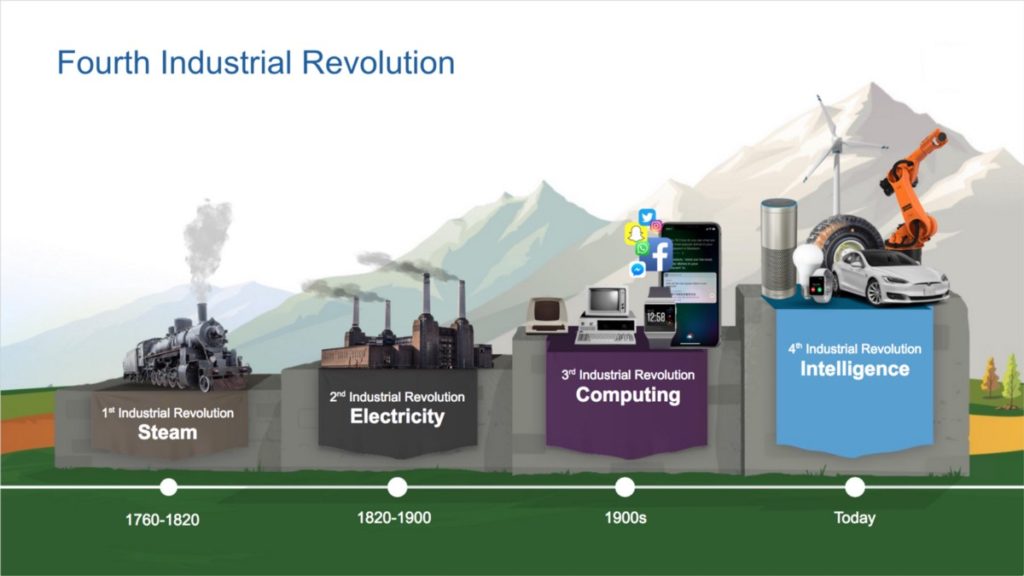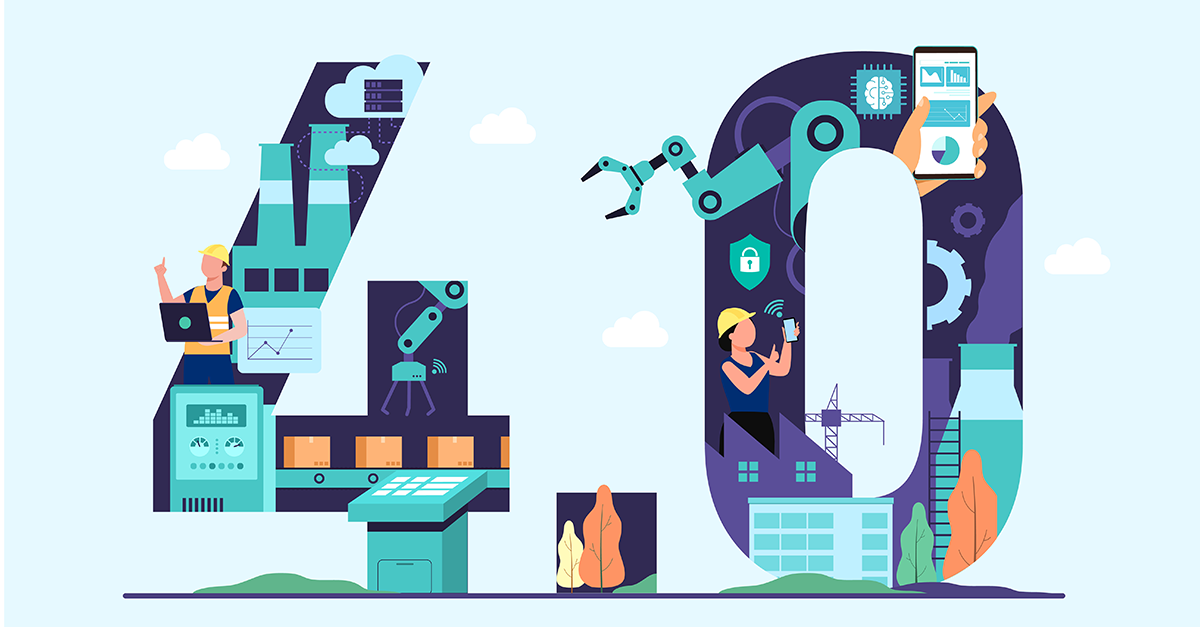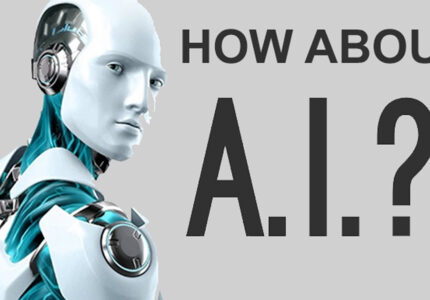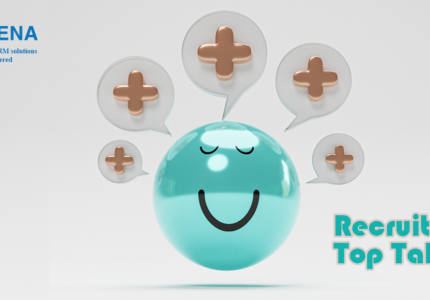Automation and digitalization are long-term evolutionary processes, and now we are witnessing the 4th Industrial Revolution (4IR).
The impact of the 4IR on human resources (HR) causes significant effects, such as the transformation of occupations and job profiles, changes to employment forms, and a role for the platform economy, generating challenges for social policy. And it’s characterized by artificial intelligence and robotics, augmented reality, and cloud computing.
For example, in the social fields of Uber/Grab and Airbnb, this could be the needs of customers who weren’t traditional taxi and hotel users. They responded to a workforce excluded from or dissatisfied, with mainstream employment. And the 4IR brings with it issues of ethics and identity, agency, and trust in addition to technological advances. Moreover, technology has made possible new products and services that have generated significant transformations in personal and professional life, emphasizing the interaction between machines and people.

For HR, it remains with the dual labor system and another form of digital. That is, on the one hand, there is the in-demand, highly skilled, and mobile talent for 4IR who can reap the benefits of full-time employment and flexible work arrangements; and on the other hand, those with skills that are potentially redundant face employment and forms of work. Also, this means two very different profiles of employees. If you want your innovators to be inspiring risk-takers focused on a long-term vision. At the same time, those employees focused on maintaining core current processes must be passionate about efficiency and scalability.HR needs to be leading innovation by example. The pandemic exposed the flaws of old-fashioned paper-based, non-real-time systems. Businesses that adapted quickly under stay-at-home orders were the ones already operating in the cloud.

A cloud-based HR management system like Cadena is a fully integrated platform, and it allows employees to clock in and track attendance remotely. Also, routine processes like leave, overtime and claim requisitions are handled seamlessly every step from approval requests through online. Post-pandemic workforces are likely to be increasingly distributed. And the gig economy is being factored in by progressive companies who wish to retain talent with demands for flexibility. Even when the workforce returns to the office, it is likely a hybrid version of the old workplace. Innovation is a state of mind. A robust organization should hold itself open to and adaptive to change. Actively embracing and engaging with change will be what allows us to pick up the signals of our changing environment.
In short, Cadena offers a full suite of cloud-based HR applications. It helps thousands of businesses achieve increased productivity and better employee experience – no matter if they are working from an office, at a restaurant, in a retail shop, at a warehouse facility, or of course, even working from home.
www.cadena.com.sg www.cadena-hrmseries.com Visit our website for more information on modern HRM systems.







